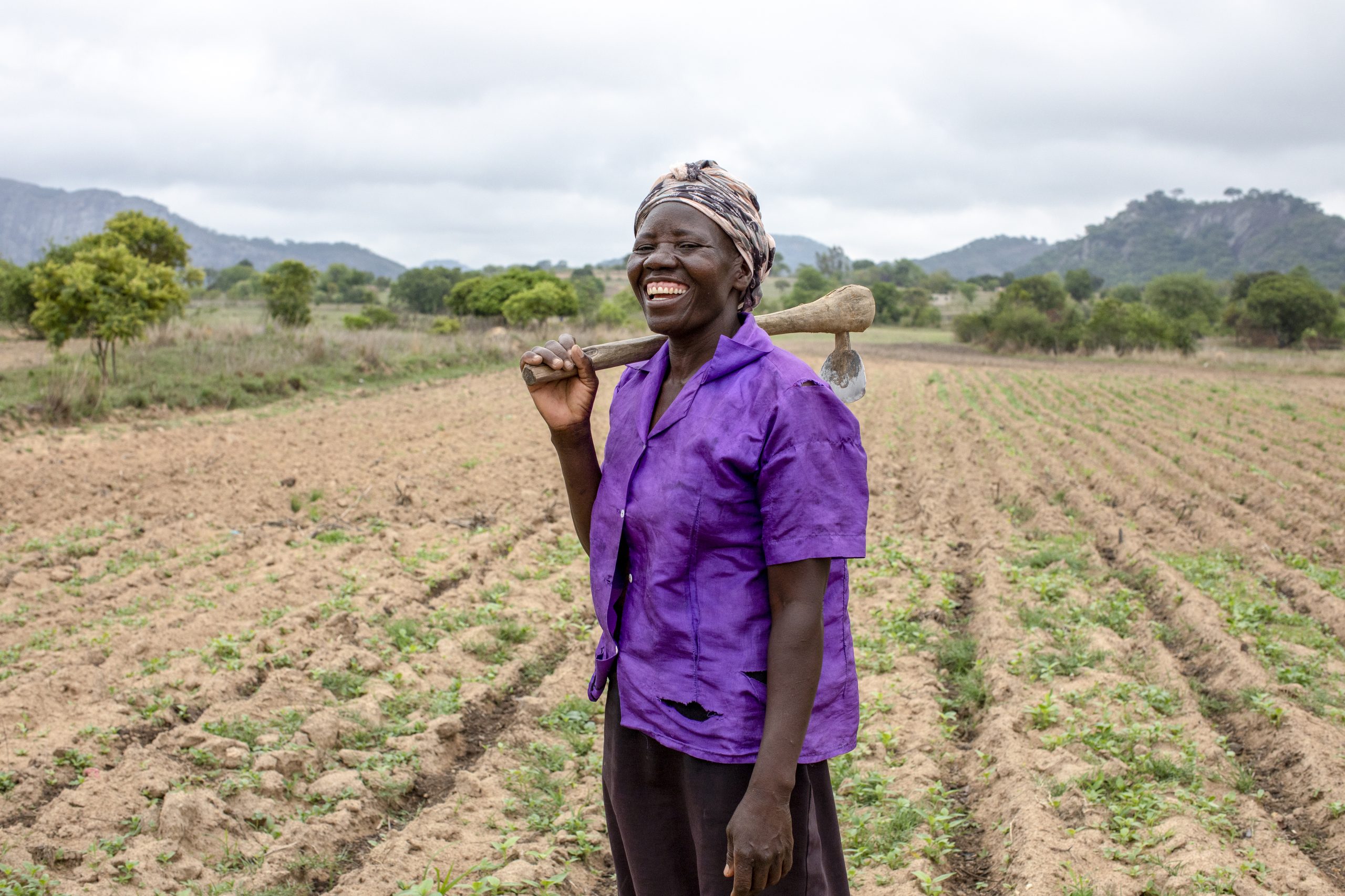Zimbabwe

Photo: ©WFP/Cynthia R. Matonhodze
Zimbabwe, a landlocked, low-income, food-deficit country in Southern Africa, is grappling with the effects of El Niño, exacerbating its semi-arid climate’s variable nature. In urban areas, high inflation, rising food prices and fluctuating exchange rates have affected families’ purchasing power and eroded their savings. Zimbabwe hosts 23,000 refugees and asylum seekers, the majority of whom have fled the DRC, with a small number from Burundi and other countries (UNHCR, 2024). Most refugees live in Tongogara Settlement, where 90 percent of households are considered vulnerable, unable to meet their essential needs without external assistance.
JOINT HUB SUPPORT
The Joint Hub formally began supporting joint work in Zimbabwe in September 2023, to guide country operations through the process of assessing needs and vulnerabilities of refugees, as well as opportunities for, and barriers to, self-reliance. Joint Hub support in Zimbabwe is now considered complete.
“Using the JAF tool, we brought together the multifunctional teams from both agencies, allowing us to gather more detailed information that has been invaluable in informing our programming. We frequently refer to this report as we are developing new strategies to transition from camp maintenance towards sustainable responses.”
Rita Gwarada, UNHCR Associate Programme Officer, Zimbabwe
LEARN MORE ABOUT OUR WORK IN ZIMBABWE
